The forgotten persecuted: 7 countries that abuse religious freedom
According to the US Commission on International Religious Freedom (USCIRF), religious liberty has come under "serious and sustained assault" across the globe in the past year.
USCIRF made the claim in its 2016 report, released yesterday. The report refers to new and longstanding prisoners of conscience, the rise in numbers of refugees and continued acts of bigotry against Jews and Muslims in Europe.
USCIRF is a independent, bipartisan US federal government commission, dedicated to defending the universal right to freedom of religion or belief abroad. It can make policy recommendations, but decisions are taken by the US State Department.
It identifies "countries of particular concern" (CPCs) or "Tier 1" countries, and also "Tier 2" countries – those with governments that engage in or tolerate violations that are serious but not CPC-level.
On its Tier 1 list there are 10 countries both designated by the State Department and recommended by USCIRF: Burma, China, Eritrea, Iran, North Korea, Saudi Arabia, Sudan, Turkmenistan and Uzbekistan.
But there are seven countries – Central African Republic, Egypt, Iraq, Nigeria, Pakistan, Syria and Vietnam – that the State Department hasn't yet designated. The US isn't scared of upsetting allies like Saudi Arabia or global players like China by including them. So given what's happening in these countries, and why are they are still free from censure?
The answer lies with the International Religious Freedom Act (IRFA) of 1998. It requires the US government to designate as a CPC country one whose government engages in or tolerates particularly severe violations of religious freedom that are systematic, ongoing and egregious. The problem with these seven countries is that it's often not their governments that are doing it, but "non-state actors" – terrorists, militias or private individuals. But USCIRF now believes the classification should be expanded to include countries where the government either doesn't exist or doesn't control its own territory.
1. Central African Republic
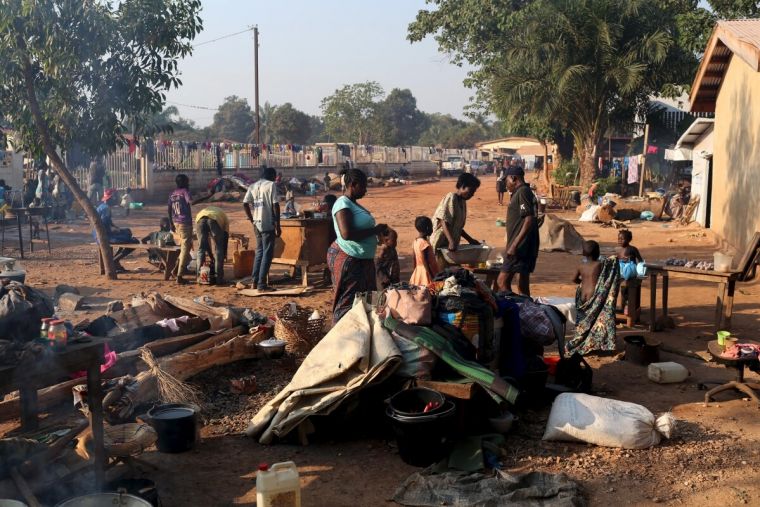
Christian and Muslim militias are both responsible for violence, with the Muslim community disproportionately affected. In the western part of the country Muslims are trapped in peacekeeper enclaves. The government's authority is limited to the capital, Bangui, and the country is highly volatile.
The current lawlessness arises from a coup in 2013, but CAR has suffered years of instability – though the religious element is new. A Muslim government took control in 2012 and became notorious for torture, disappearances and illegal detentions, particularly targeting Christians; fighters loyal to deposed President Bozizé drove them out. By the end of 2014, 80 per cent of CAR's Muslims had been expelled and the majority of their mosques destroyed. A visit by Pope Francis last year was credited with helping to signal a change, but violence continues.
2. Egypt
Islam is Egypt's state religion, but Christians make up an estimated 10-15 per cent of the population. Attacks on Christians and churches in 2013 led to huge destruction and there are longstanding repressive laws and policies. Egypt's president, Abdel Fattah al-Sisi, is a former army general who was elected following the overthrow of Mohamed Morsi in 2013. He has made public statements advocating tolerance for all religions and the 2014 constitution includes better religious freedom provisions, but these have not yet been implemented. Last year there was actually an increase in prosecutions for blasphemy and related charges. However, the education ministry is revising textbooks to remove hate speech and the Grand Mufti has publicly countered extremist fatwas. Attacks on Coptic Christians are decreasing and churches destroyed in 2013 are being rebuilt. But Christians are still very vulnerable. In February four teenage Copts and their teacher were found guilty of making a short video mocking ISIS and received prison sentences. Egypt also imprisons atheists and antisemitic material appears on state-controlled media; its once-thriving Jewish community is nearly extinct.
3. Iraq
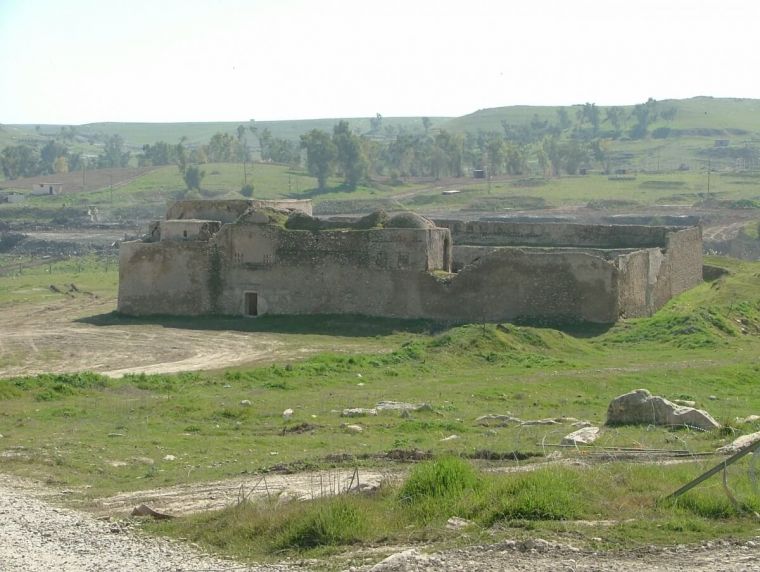
According to USCIRF, Iraq's religious freedom situation continued to decline last year, especially in areas under Islamic State control. The chaotic internal situation means effective government control is impossible. Sectarian tensions between Shia and Sunni Muslims were restrained by Saddam Hussein, but his successors have failed to resolve them. The country's Christian population has dropped by more than half, to fewer than 500,000, since 2003. Yazidis and Mandeans have also suffered catastrophic decline. Islamic State has committed horrific crimes. USCIRF says: "ISIL [ISIS] has targeted all of Iraq's smallest religious minority communities; its ongoing actions could well mark the end of ancient religious communities in northern Iraq." But the Iraqi government supports and funds the Popular Mobilisation Forces group, which fights ISIS but also persecutes Christians and other minorities.
4. Nigeria
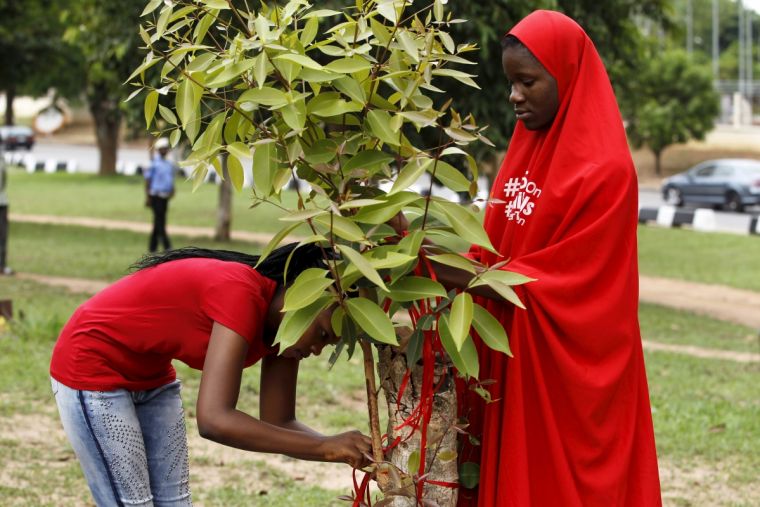
The Nigerian military has recaptured territory from the Islamist Boko Haram, but this has led to an upsurge of terrorist and suicide attacks. Christians have been forced to convert to Islam and Muslims have been forced to accept its more extreme form. The Nigerian government has also been accused of using excessive force against suspected militants.
Nigeria is a large (180 million) and diverse country, split evenly between Muslims (mainly in the north) and Christians in the south. But there are also more than 250 ethnic groups, which makes achieving harmony very difficult. Polling indicates that Nigeria is one of Africa's most religious nations and that there is a high level of distrust towards people of other faiths.
From May 2011 to December 2015, Boko Haram killed more than 15,000 people. Another 12,000 died in fighting between Boko Haram and Nigerian military forces. More than 2.2 million have been displaced.
In Nigeria's central belt there is religious violence between mainly Christian farmers and mainly Muslim herders; hundreds have died. These conflicts begin with battles about land and become identified as religious. Christian leaders in the Muslim north report systematic legal discrimination against them.
5. Pakistan
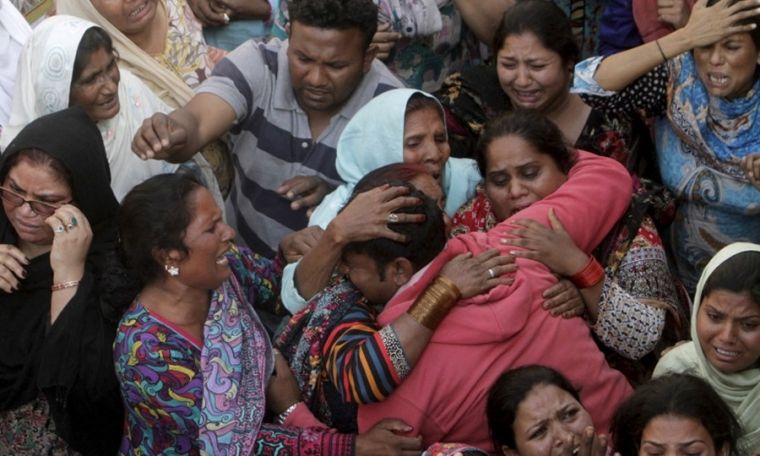
"In 2015, the Pakistani government continued to perpetrate and tolerate systematic, ongoing, and egregious religious freedom violations," USCIRF said. There are non-state actors including terrorist organisations but also discriminatory laws like the blasphemy law. USCIRF has recommended Pakistan be a CPC since 2002 and it is damning about Pakistan's failures: "For years, the Pakistani government has failed to protect citizens, minority and majority alike, from sectarian and religiously-motivated violence. Pakistani authorities also have failed to consistently bring perpetrators to justice or take action against societal actors who incite violence." The report refers to high-profile cases like that of Asia Bibi and Shahbaz Bhatti.
School textbooks portray Christians as Western oppressors and Hindus as Indians. Forced conversions are common and are not investigated by police. Hindu marriages are only recognised in one state.
US-Pakistan relations are strained. While Pakistan is important in the struggle against terrorism, relationships "have long been marked by strain, disappointment, and mistrust".
6. Syria
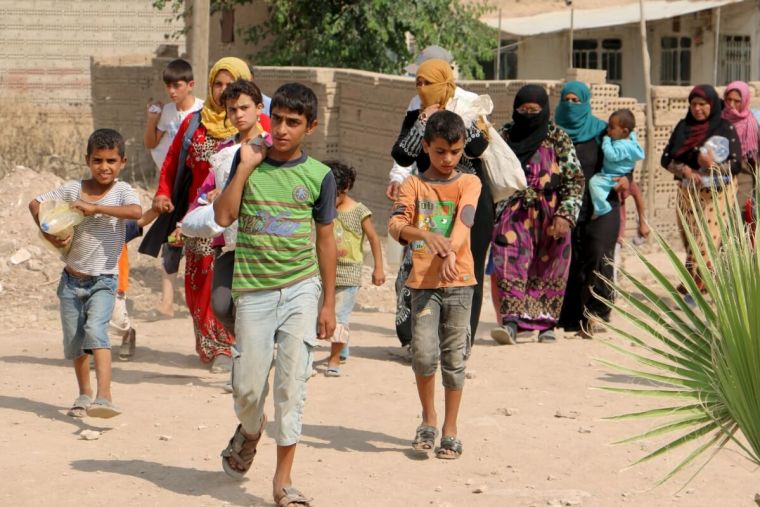
Religious identity is at the heart of Syria's conflict, which is largely sectarian. The Assad regime targets Arab Sunni Muslims. ISIS targets the regime, religious minorities like Christians and Alawites and any Muslim who doesn't sign up to its extremist form of the faith.
Security forces under both Bashar al-Assad and his father Hafez have committed atrocious crimes. Aside from attacks on Christians by Islamist extremists, the regime has also targeted them; since 2011 more than half of Syria's Christian places of worship have been hit by government forces, Christian organisations have been shut down and at least 450 remain in detention. Many more have been murdered. Controversially, USCIRF calls for the US to commit to resettling 100,000 Syrian refugees in the country, subject to proper vetting. It also calls for refugees who may have fought for anti-ISIS forces or have been conscripted into terrorist groups to be considered for refugee status.
7. Vietnam
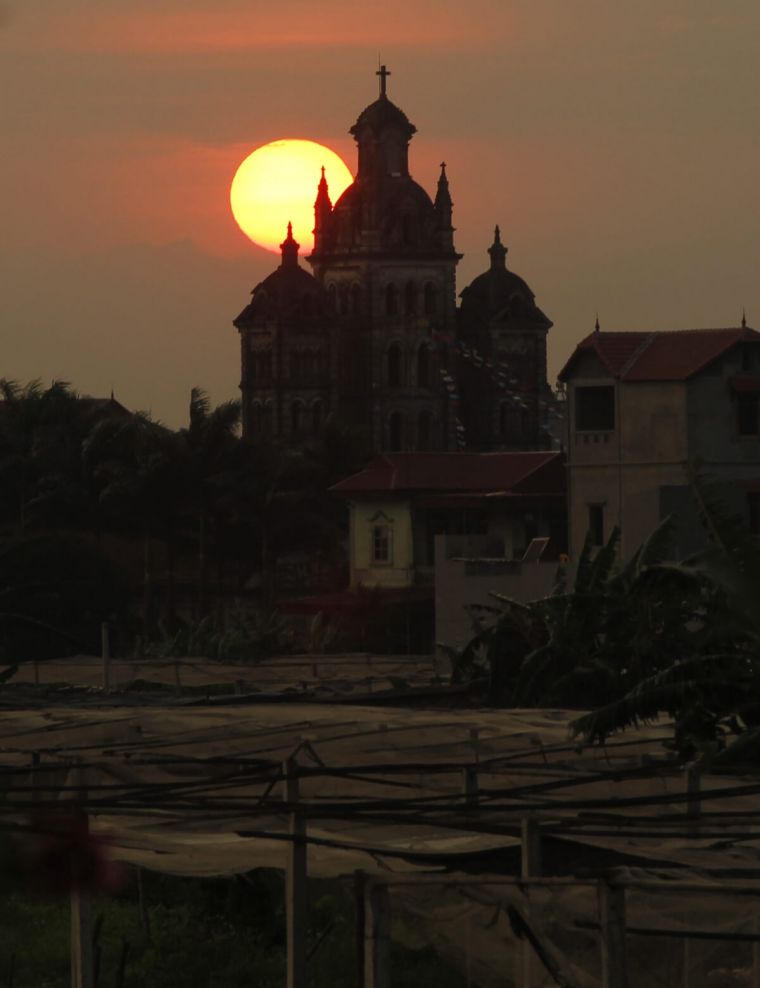
USCIRF's report refers to Vietnam's "continued heavy-handed management of religion" and says it leads to individuals being harassed, detained and targeted with physical violence. It says there is considerable religious diversity in Vietnam and a "positive trajectory" but that restrictions vary widely across the country.
Political considerations also come into play. One group that faces harassment is the ethnic minority Montagnards from the Central Highlands, many of whom are Protestant Christians. The government accuses them of seeking autonomy and they are pressured to cease practising their "poisonous" faith. Mennonites and members of the Duong Van Minh Christian sect have also been attacked and beaten. Evangelical pastor Nguyen Trung Ton was arrested at the end of 2015 and nothing more is known of him; Pastor Y Noen Ayun was arrested several times last year and threatened with jail because he refused to stop preaching. Catholics have been threatened with imprisonment and the demolition of their churches. A draft Law on Religion is regarded as a backward step, increasing government control on religion.
Christians are not the only people to suffer under the abuses of religious freedom documented by USCIRF. However, in many cases they are among the most vulnerable citizens and have very few resources in their own countries. These are places where the US could use its considerable muscle to much greater effect for religious freedom.











